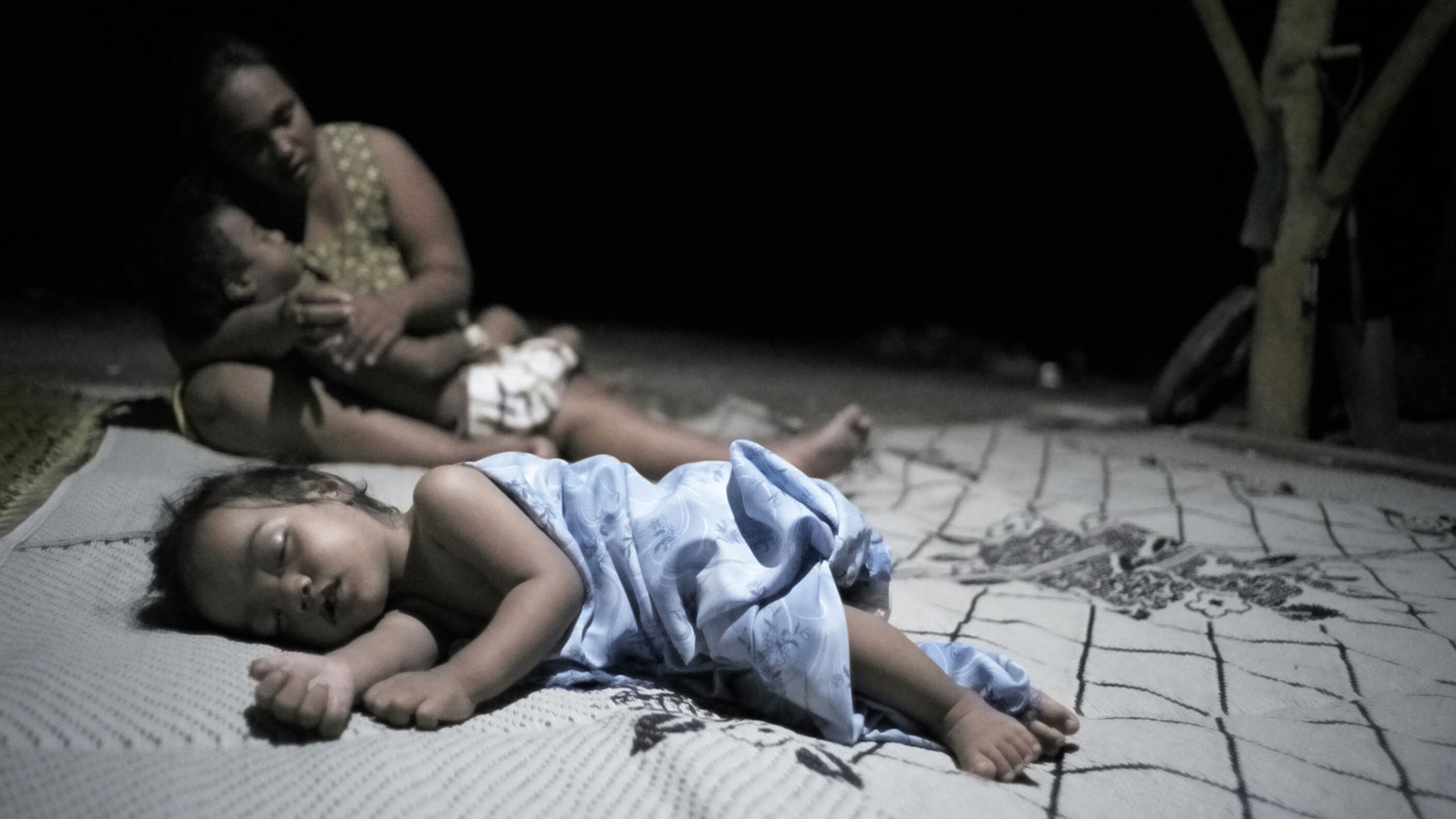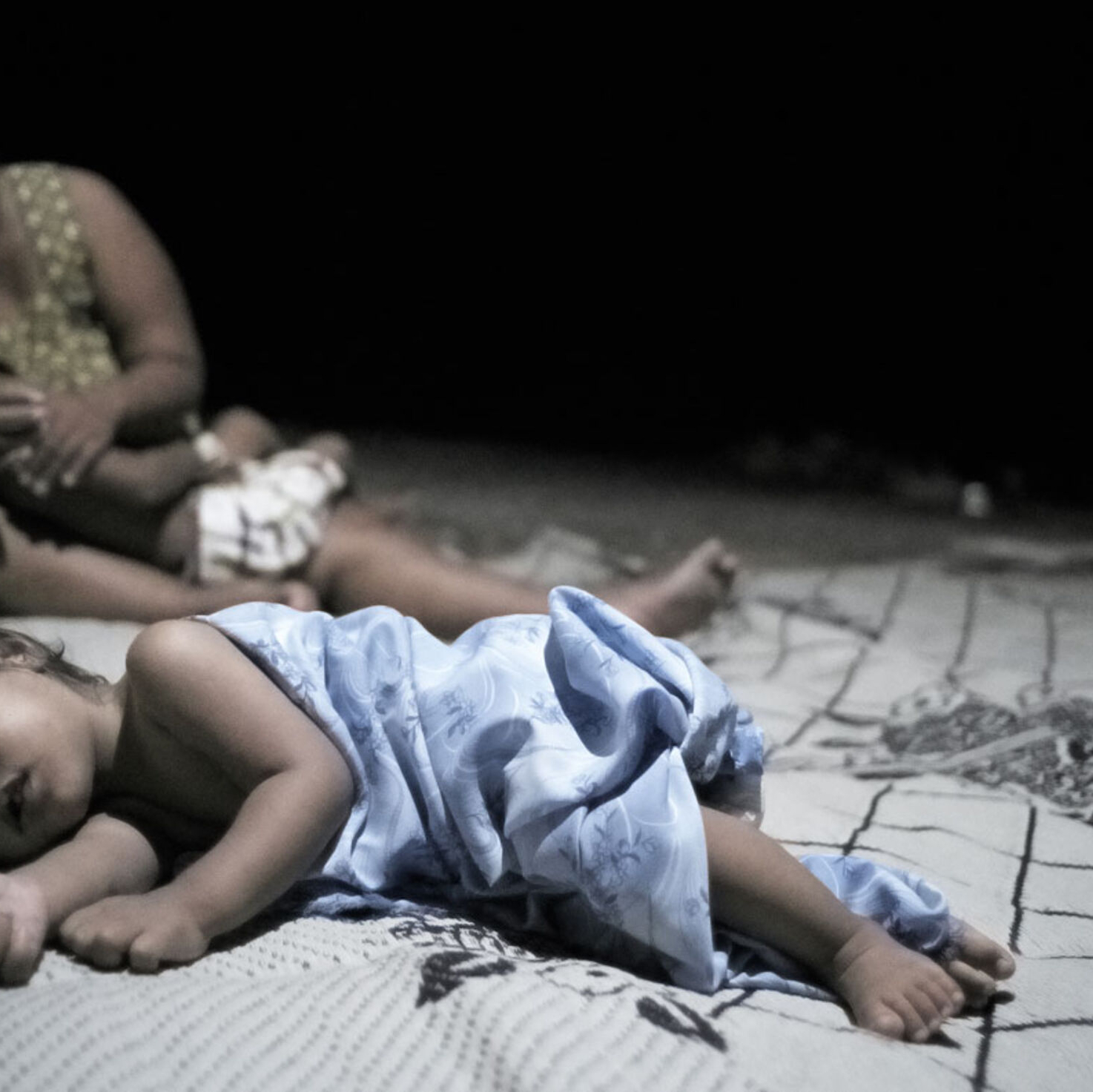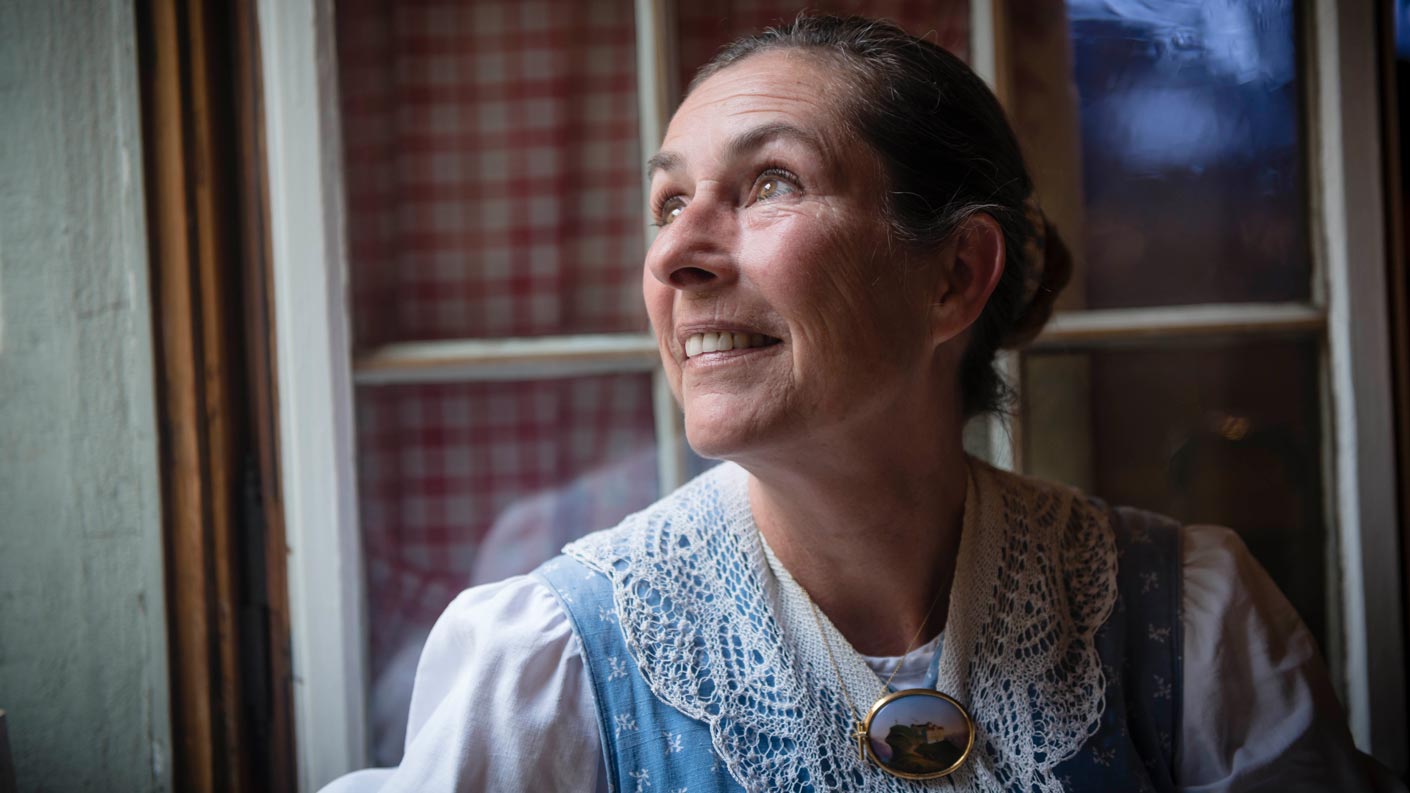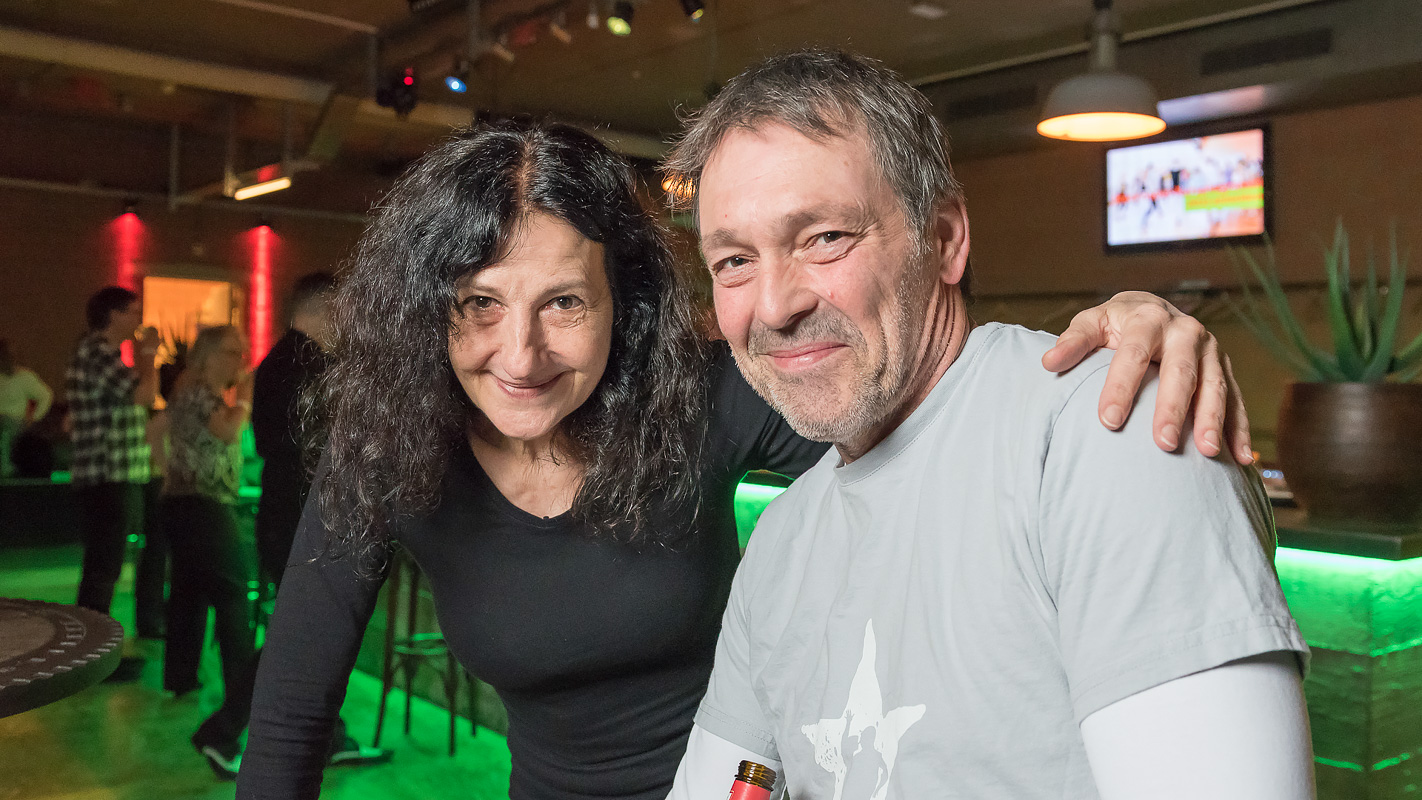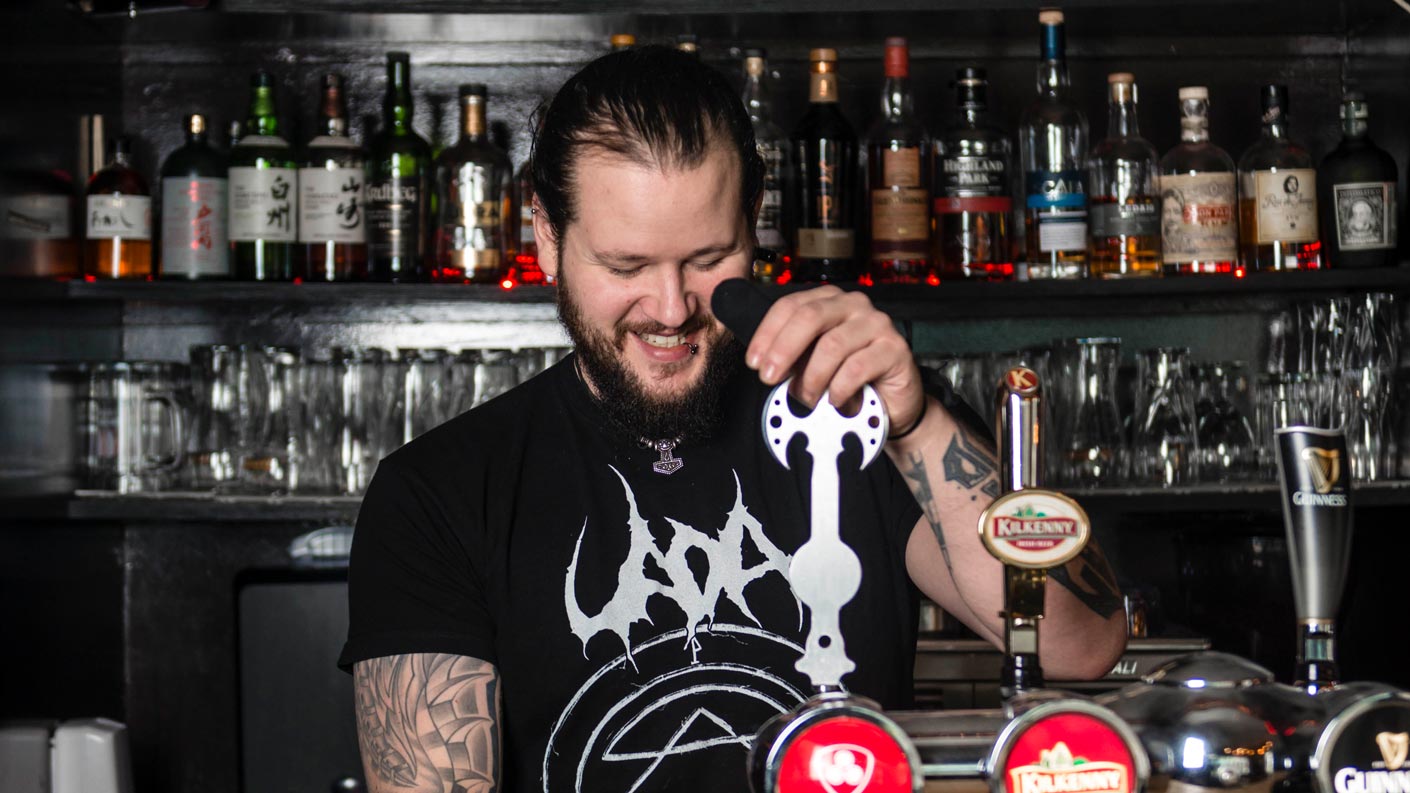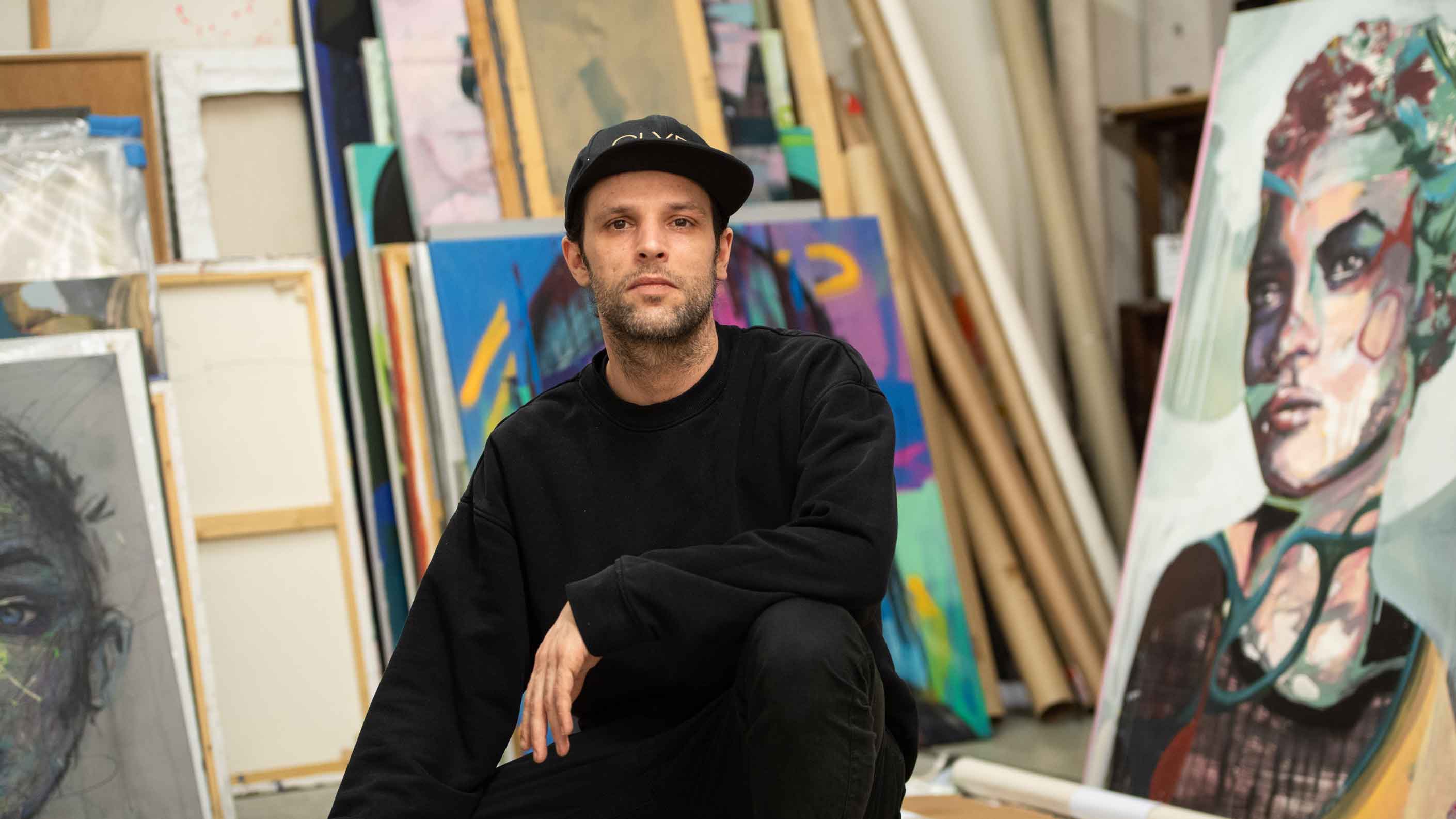For six days, Zurich becomes the city of human rights
From 5–10 December 2018, the fourth edition of the Human Rights Film Festival Zurich will be held at the Kosmos and Riffraff cinemas. 19 films will be screened, all with a focus on human rights. 10 December marks the 70th anniversary of the Universal Declaration of Human Rights.
The most famous of these rights is probably the right to life. But what happens when the earth is swept away from under your feet? This is quite literally what could happen to the 100,000 people who live in the small island state of Kiribati. The effects of climate change mean their islands will disappear from the map before the end of the century.
The effects of climate change mean the islands will disappear from the map before the end of the century.
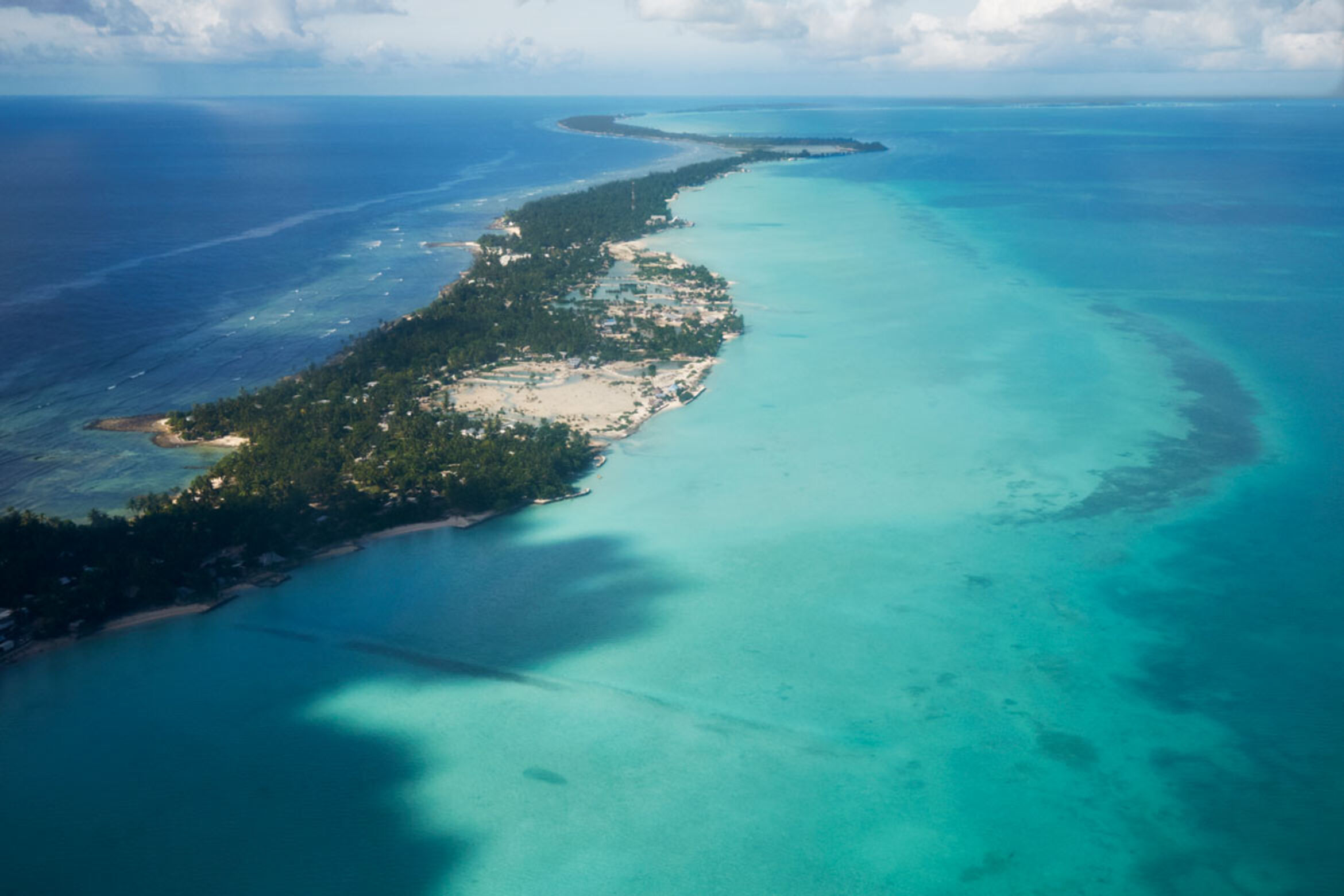
The island state of Kiribati in the Pacific Ocean
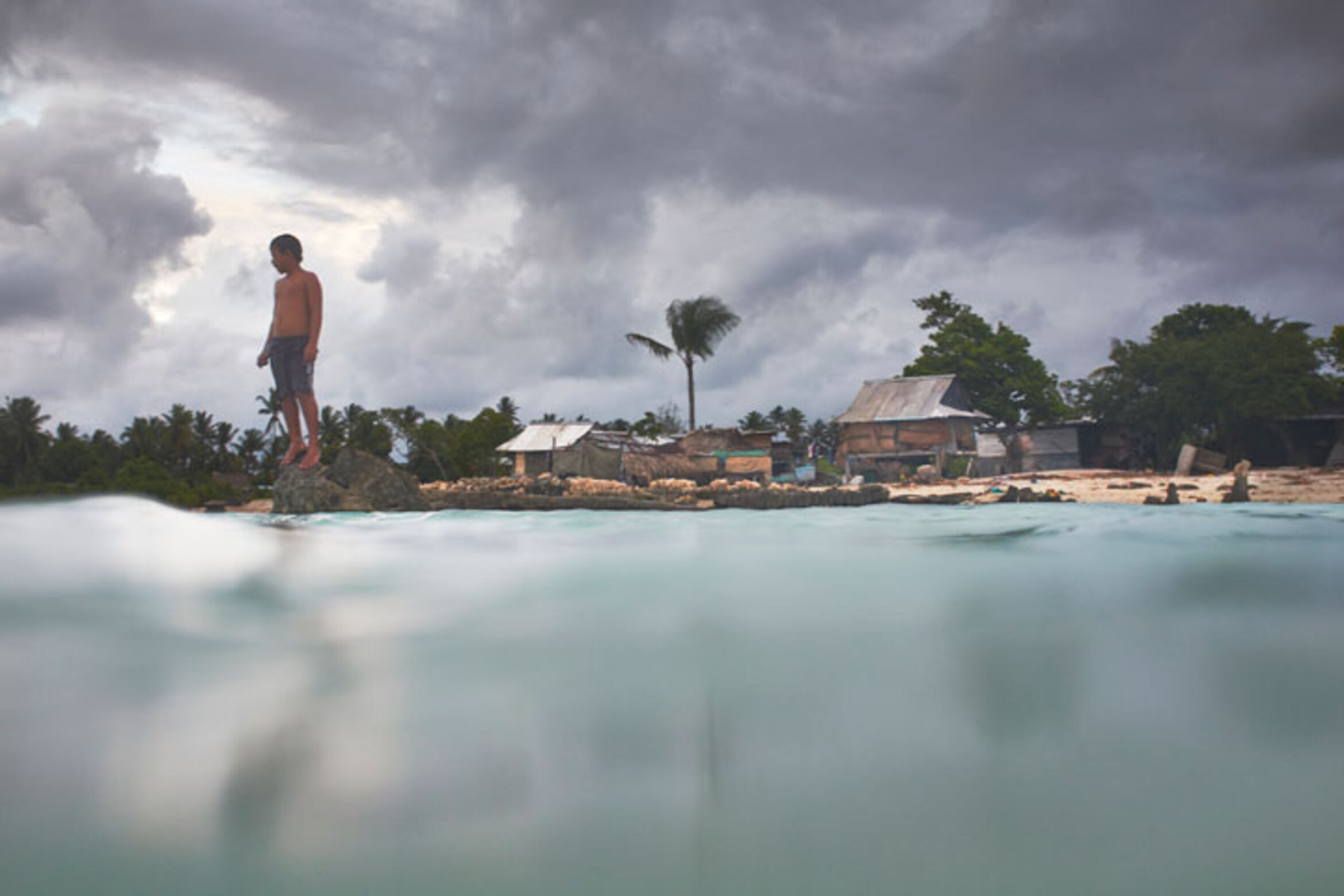
A storm is brewing over Kiribati.

Kiribati’s President Anote Tong travels to the climate summit in Paris.
This sad fact is impressively showcased by the documentary film Anote’s Ark. It follows the journey of Sermary, who emigrates to New Zealand, and the struggle of Kiribati’s President Anote Tong to negotiate decent emigration conditions for his people – hence the title of the film. It is not simply a case of sitting back and enjoying beautiful scenes of this South Sea paradise.
That’s what the Human Rights Film Festival Zurich (HRFF) is all about: the subject of human rights violations is not light entertainment. ‘When it’s cold and dark and I watch a lot of sad films, it can be tough,’ admits festival director Sascha Lara Bleuler, who watched around 200 films during the programming phase. Barely 10% of these met her quality requirements.
Sascha Lara Bleuler always hopes that audiences at the Human Rights Film Festival Zurich will be outward-looking, interested and critical.
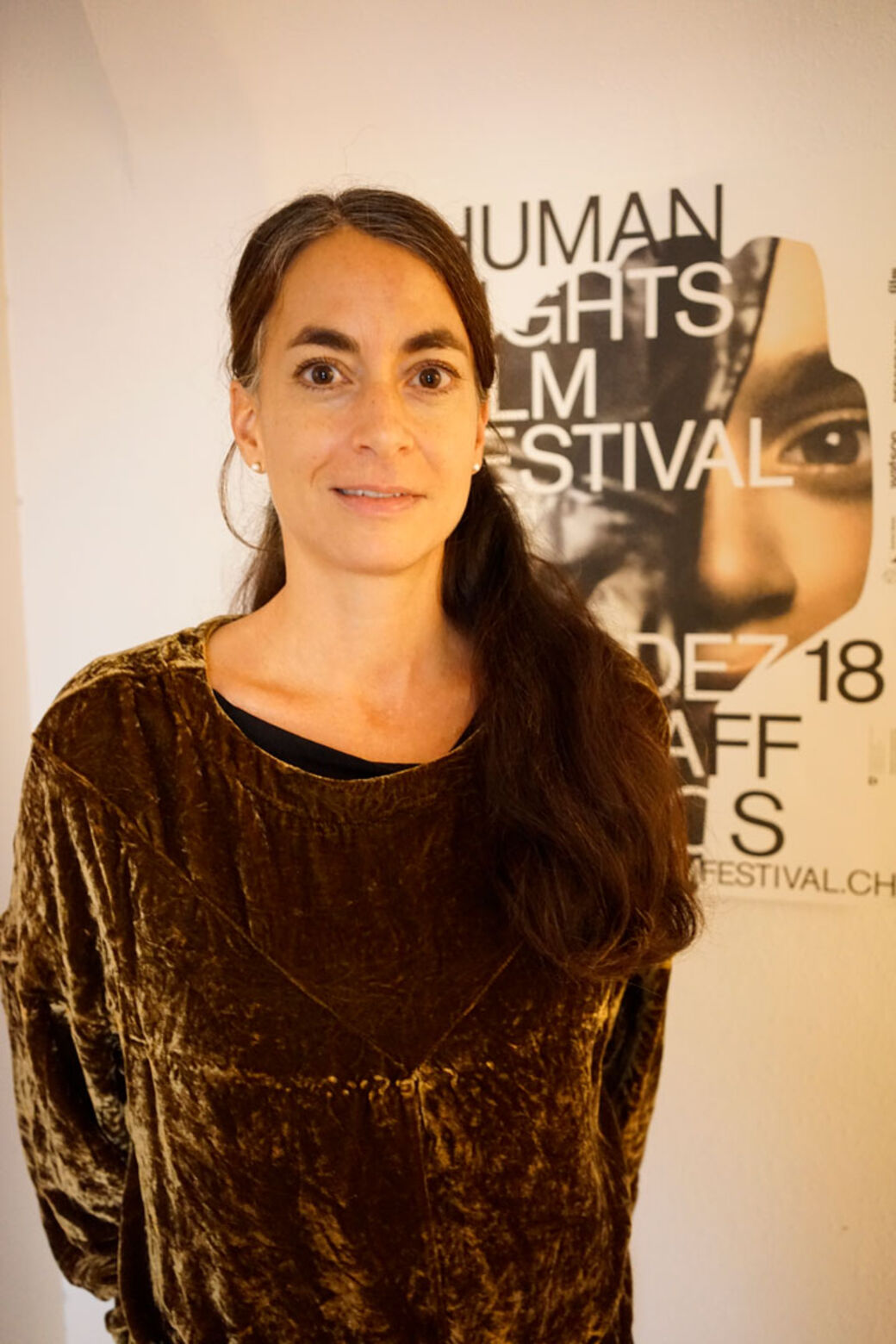
Sascha Lara Bleuler
Sascha Lara says that Of Fathers and Sons portrays some very difficult situations, including shots of prisoners of war in Syria, but it’s a very good documentary. Syrian director Talal Derki is now based in Berlin but spent more than two years filming the family of Islamist fighter Abu Osama. His documentary provides audiences with unique insights into everyday village life in northern Syria. For Western viewers, the film offers some shocking moments, such as when one of the little sons proudly tells his father that he has cut off the head of a sparrow, ‘just like you did with an infidel, Papa’.
Syrian director Talal Derki is now based in Berlin but spent more than two years filming the family of Islamist fighter Abu Osama.
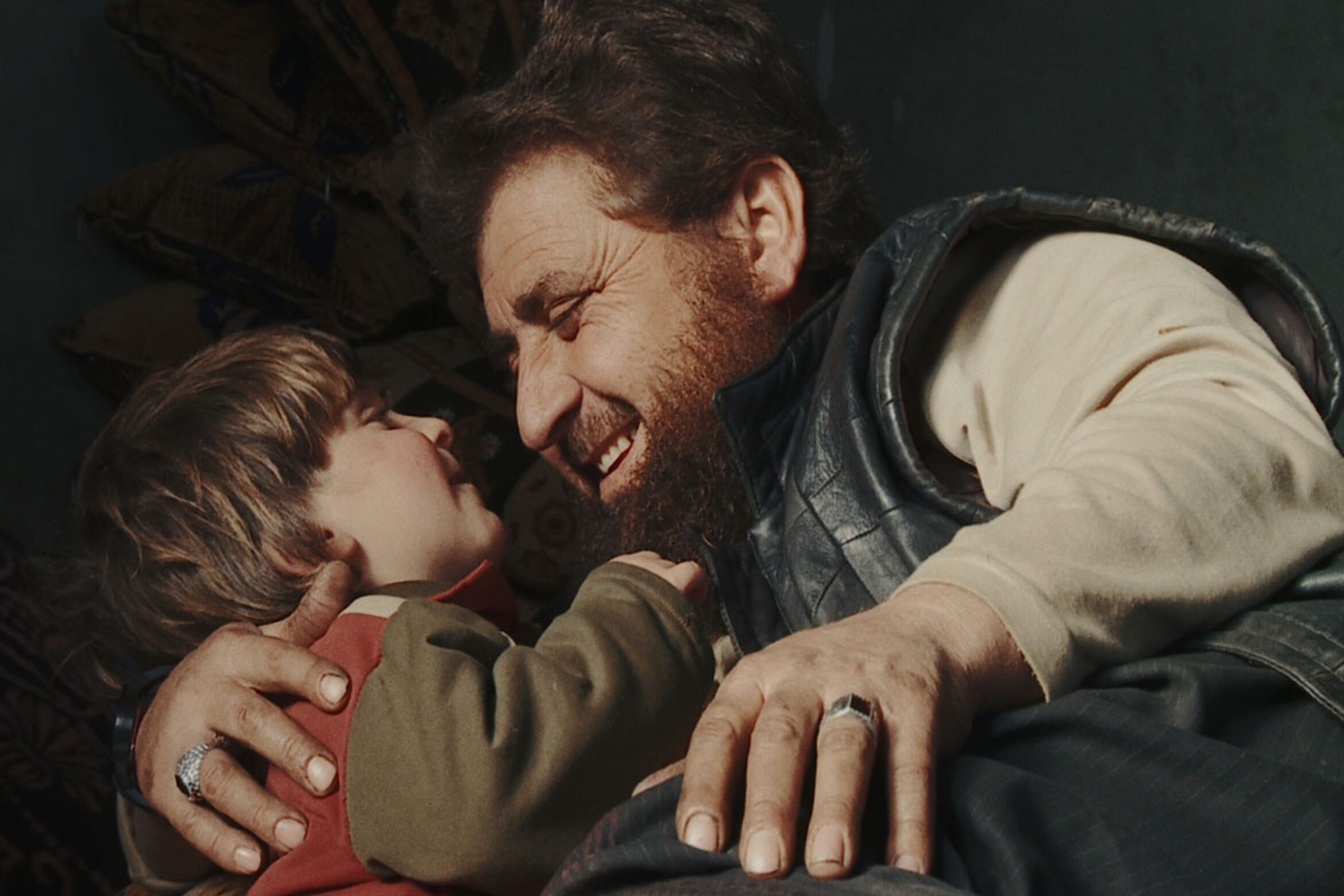
Abu Osama with one of his sons.
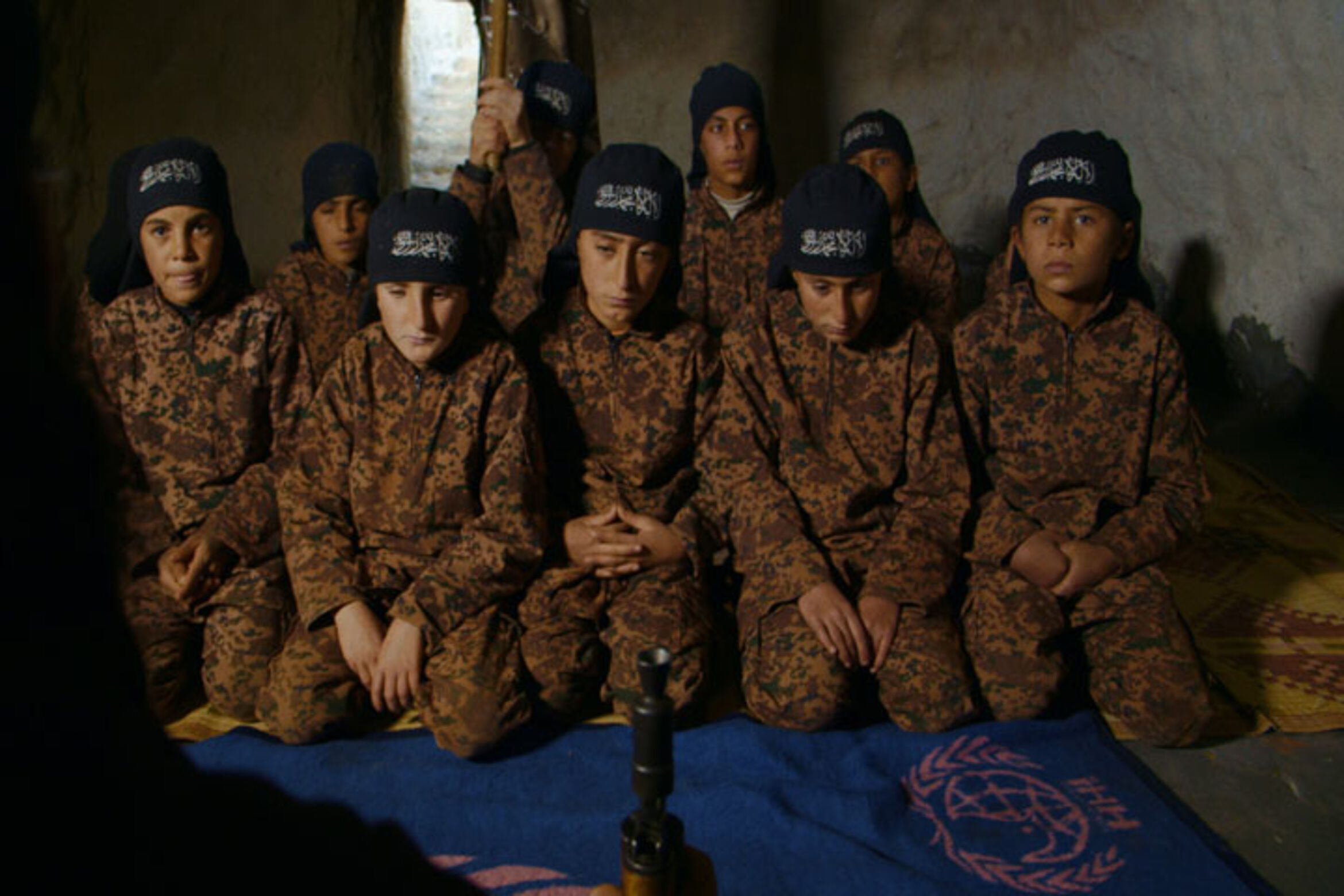
The Sharia camp trains boys to become soldiers.
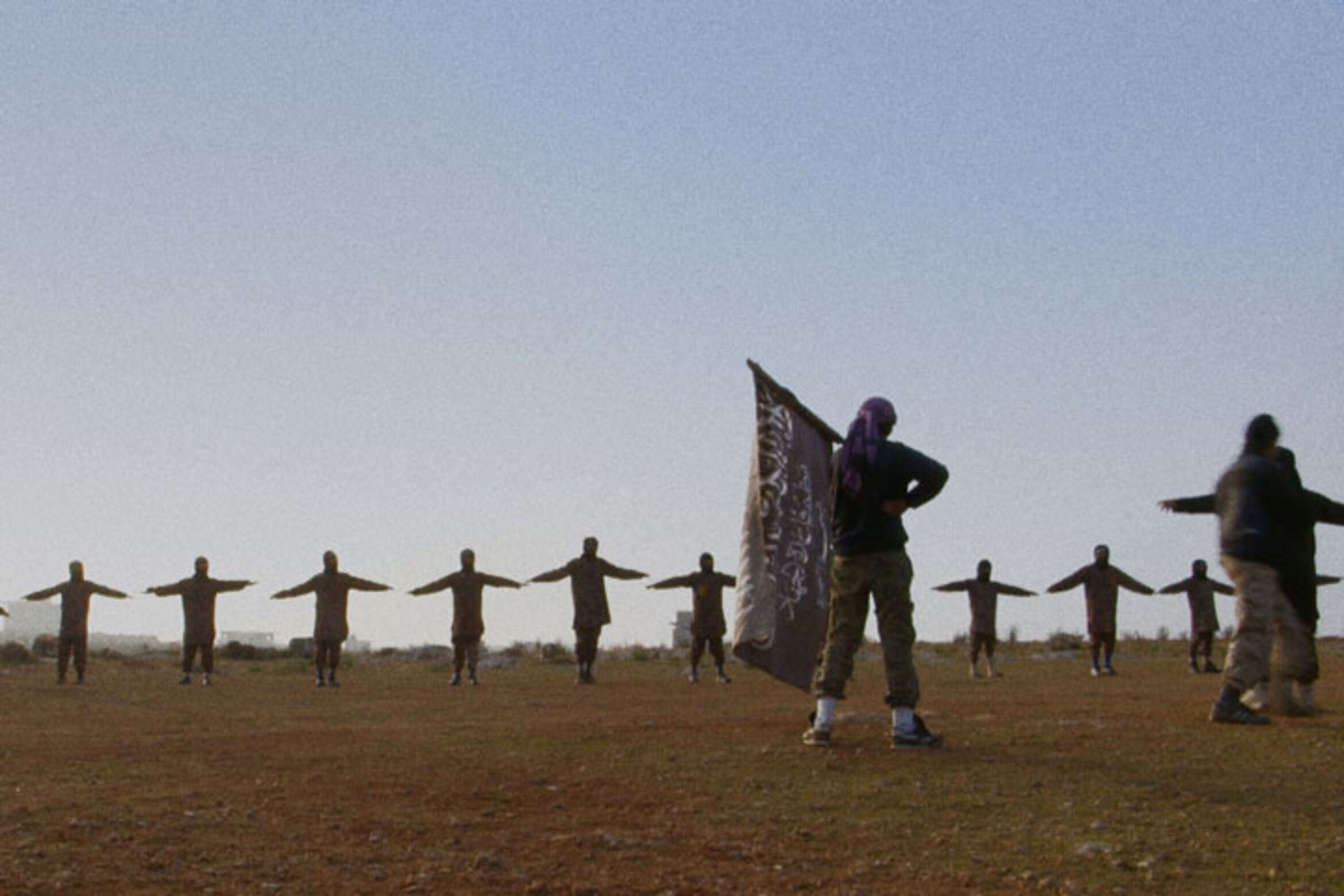
Of Fathers and Sons highlights how Abu Osama brings up his sons to be violent from an early age with a view to establishing a global caliphate. At the age of twelve, his eldest son, Osama, is sent to Sharia camp to train as a soldier. The film’s disturbing images are not easy to shake off: ‘That’s why the conversations and discussions after the film are so important,’ says festival director Sascha Lara Bleuler. ‘But we don’t show sensationalist films or propaganda. They have to be artistic.’
She always hopes that audiences at the Human Rights Film Festival Zurich will be outward-looking, interested and critical, ‘but I’m still amazed when people actually stay on for the discussions after the film. But I get asked whether the HRFF is a depro festival. I don’t think so. We just show good films that touch people and stir up emotions.’
Lemonade tells the story of Mara, a Romanian nurse.
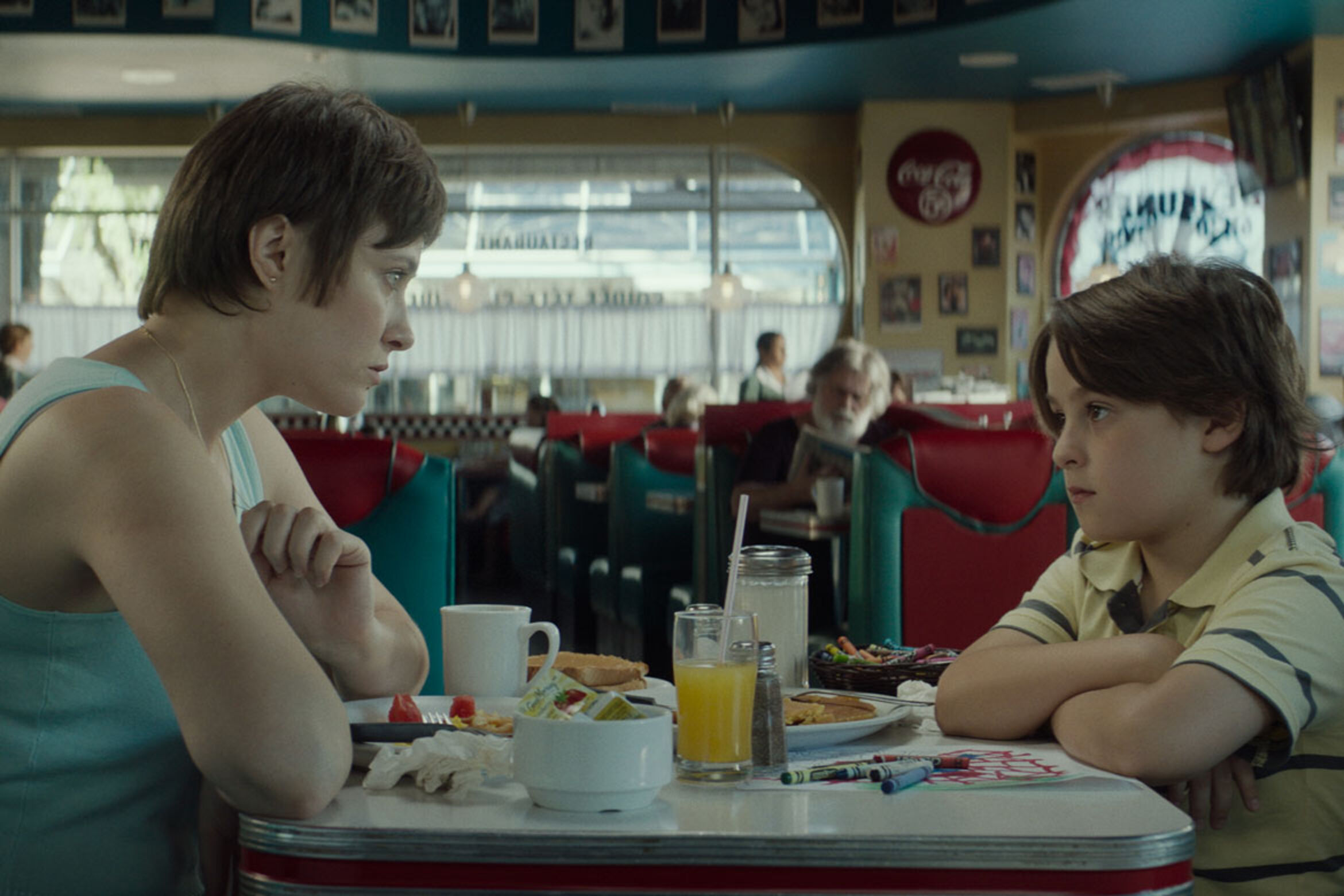
Mara brought her son to the US from their home in Romania.
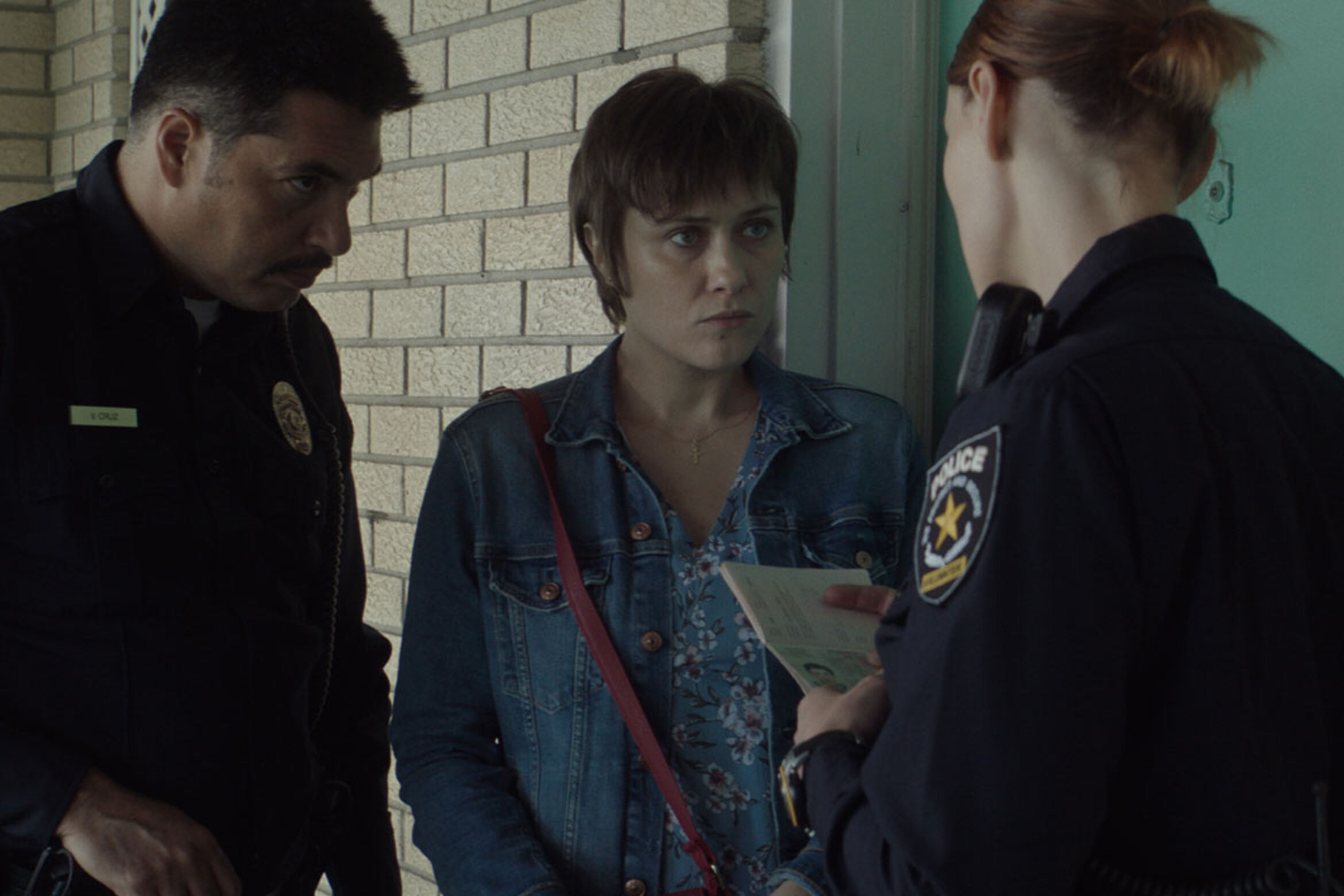
Mara finds the police in the USA are not there to help her.
Another such film is Lemonade, a feature film that tells the story of Mara, a Romanian nurse. While doing a temporary job in the USA she meets and marries Daniel. When she applies for her green card, the immigration officer forces her to have sex. This disturbing abuse of power once again highlights the importance of the #metoo debate.
Film festivals like the HRFF also have an important role to play. It was started by Leo Kaneman 17 years ago in Geneva, and its Zurich counterpart was launched in 2015. He is the president of both festivals, and Sascha Lara Bleuler has been director of the Zurich festival since the start. She is well aware that Switzerland is not perfect when it comes to human rights. The Swiss Confederation has still not signed all the human rights conventions, for example. And Switzerland has not yet recognised the UN Convention on the Rights of Migrant Workers.
The documentary The Cleaners is not about migrant workers, but about outsourcing.
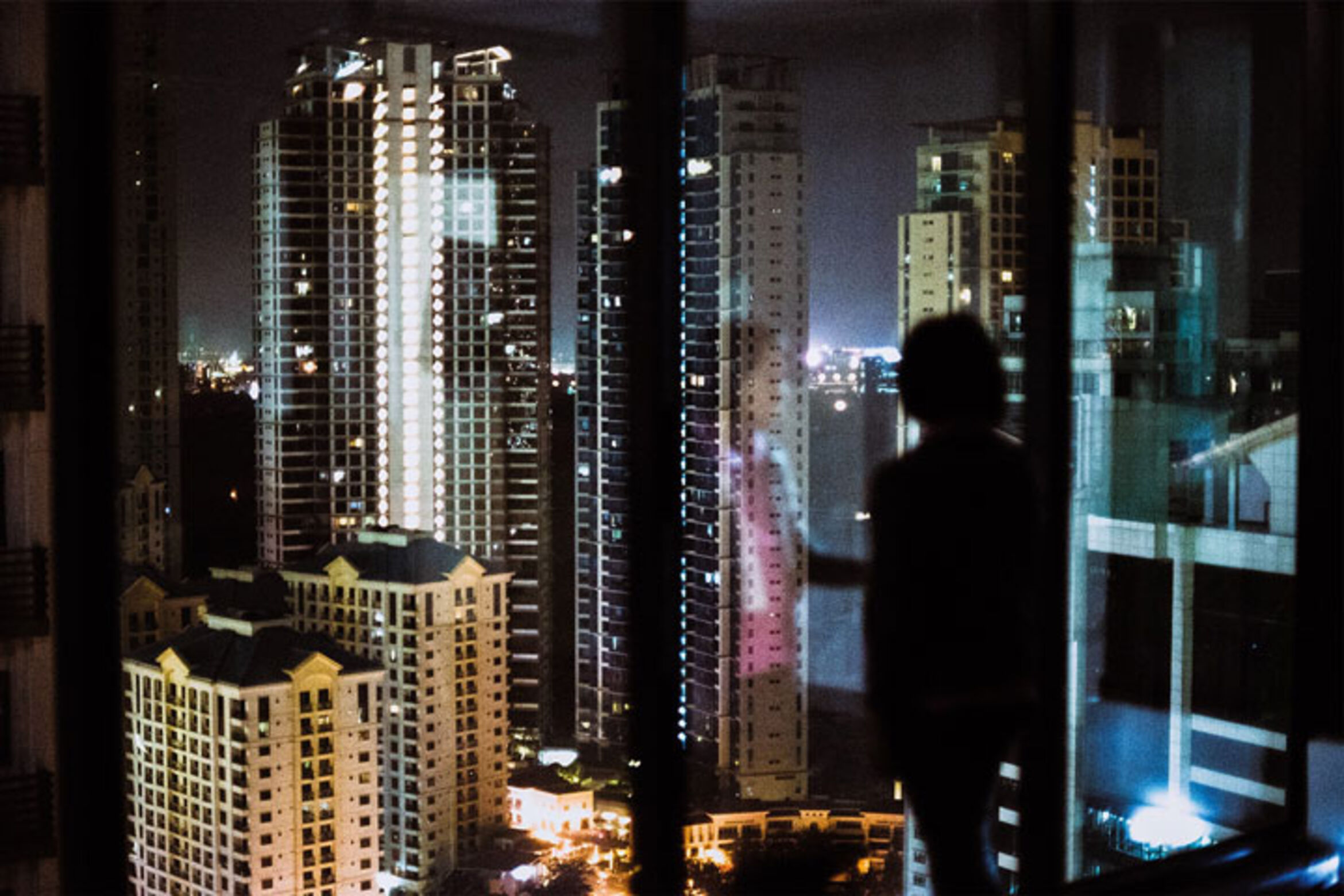
‘The cleaners’ work in Manila.
The documentary The Cleaners is not about migrant workers, but about outsourcing. The film shows how global companies like Facebook and YouTube are hiring Filipinos to rid their sites of potentially objectionable content. The film reveals how these workers are underpaid and receive inadequate psychological support to help them handle the impact of working with such horrific material.
The ‘cleaners’ have just 8 seconds to decide whether or not to delete a video or photo. On their computers they simply click on ‘ignore’ or ‘delete’, but the images can’t be so easily erased from their memories and subconscious minds.
Audiences at the Human Rights Film Festival Zurich won’t be watching any beheadings, but they’ll inevitably find that the challenging content of some of the films cannot be easily forgotten.
Addresses
Kosmos
Lagerstrasse 104
8004 Zurich
Riffraff
Neugasse 57/63
8005 Zurich
Infos
Of Fathers and Sons
OV/e 98 minutes, Talal Derki, Germany / Syria / Lebanon 2017, Documentary
Saturday 8 December, 6 pm at Riffraff
Sunday 9 December, 8:30 pm at Riffraff
Anote’s Ark
OV/e 77 minutes, Matthieu Ryz, USA 2018, Documentary
Saturday 8 December, 11:30 am at Kosmos
Lemonade
E 88 minutes, Ioana Uricaru, Romania / Canada / Germany / Sweden 2018, Feature film
Sunday 9 December, 6 pm at Kosmos
Monday 10 December, 8:30 pm at Kosmos
The Cleaners
OV/e 88 minutes, Hans Block & Moritz Riesewieck, Germany/ Brazil 2018, Documentary
Saturday 8 December, 8:30 pm at Kosmos
Please find more information here.
